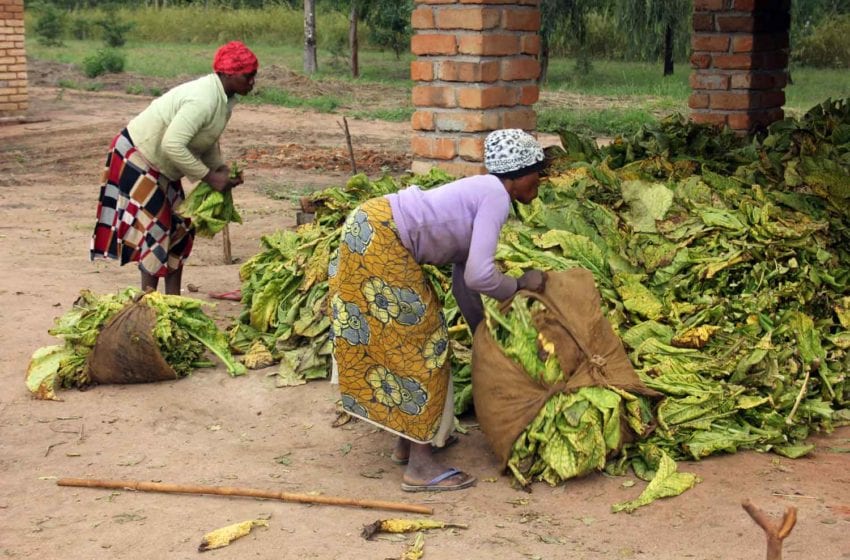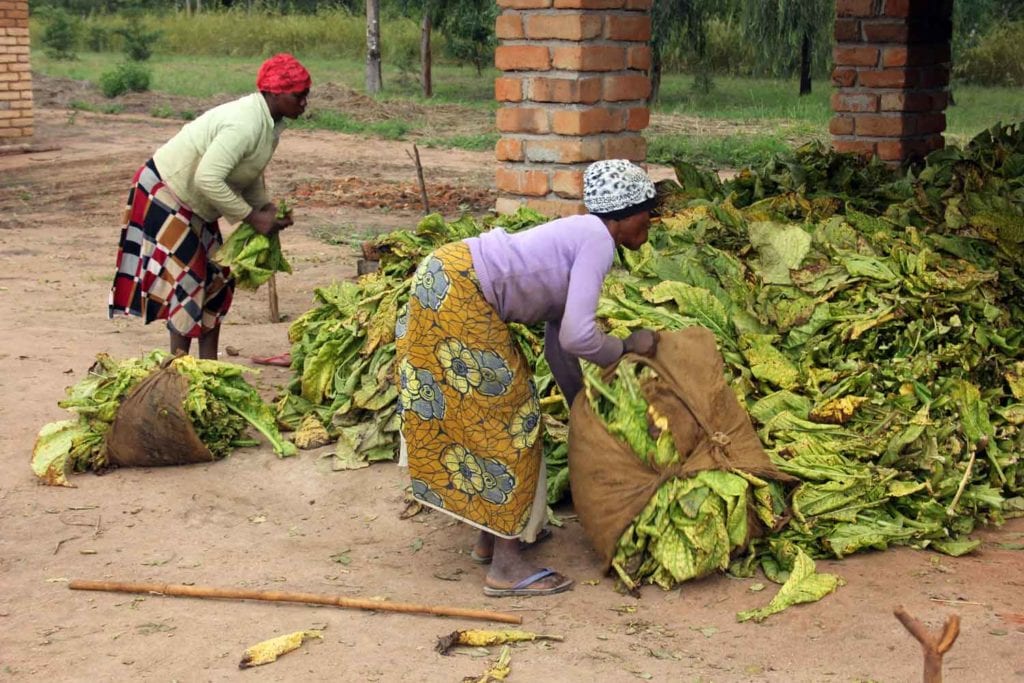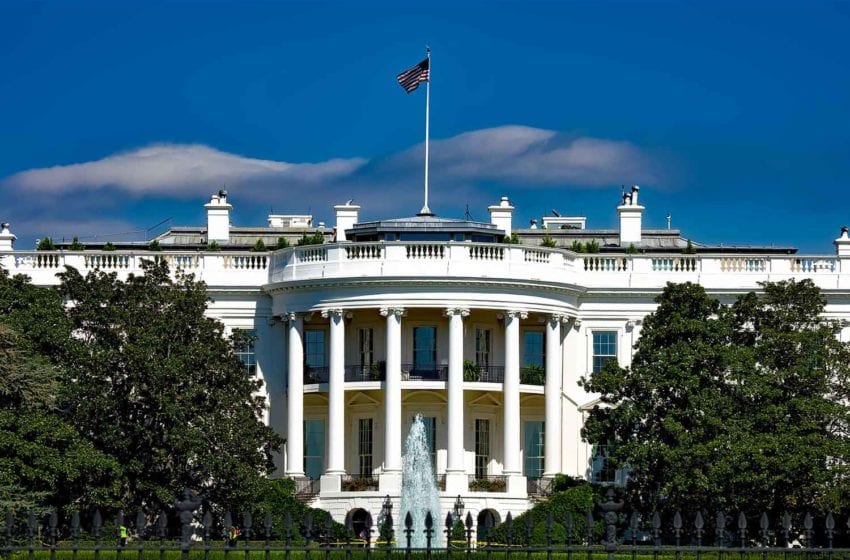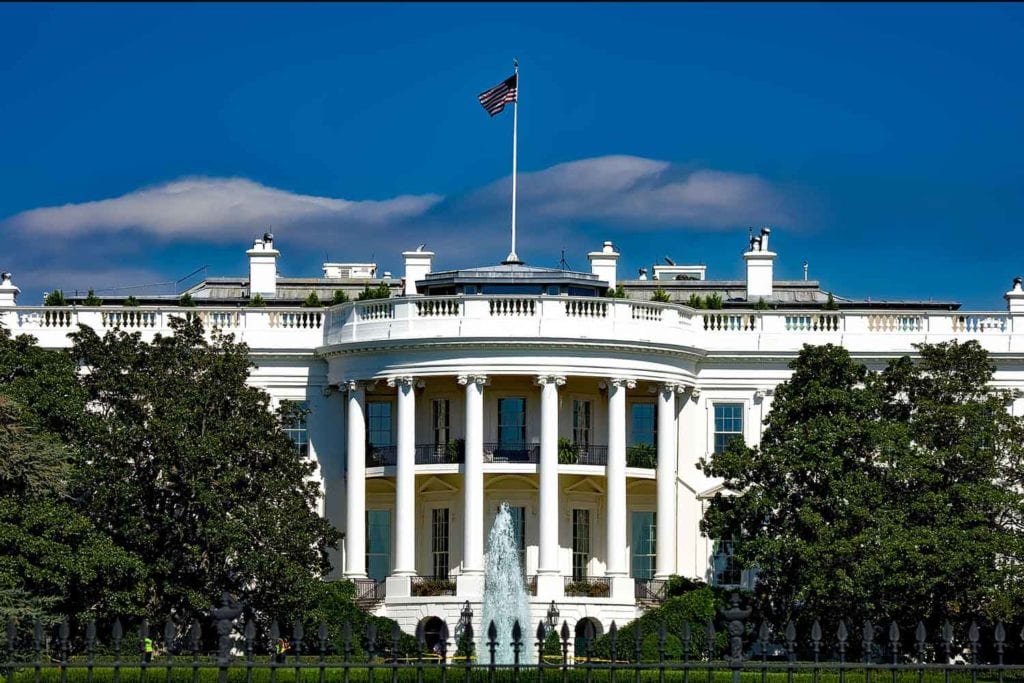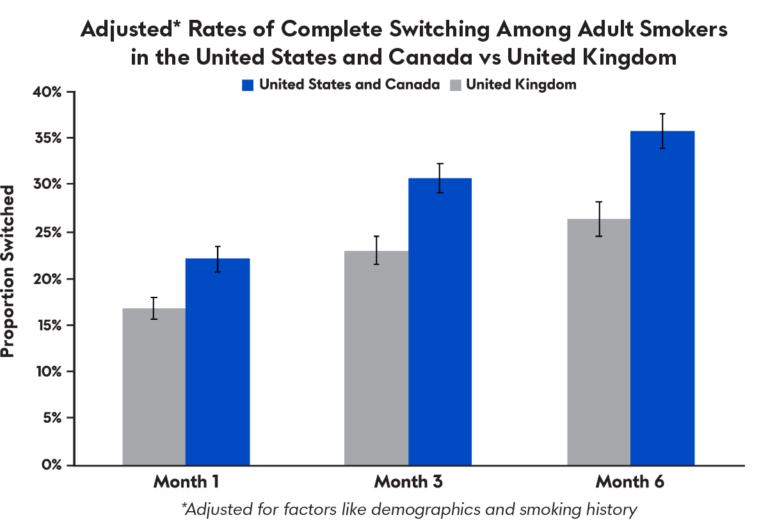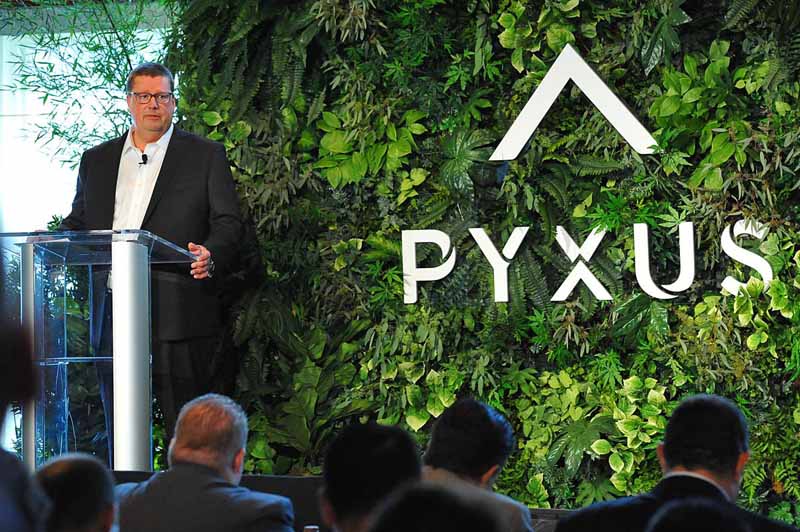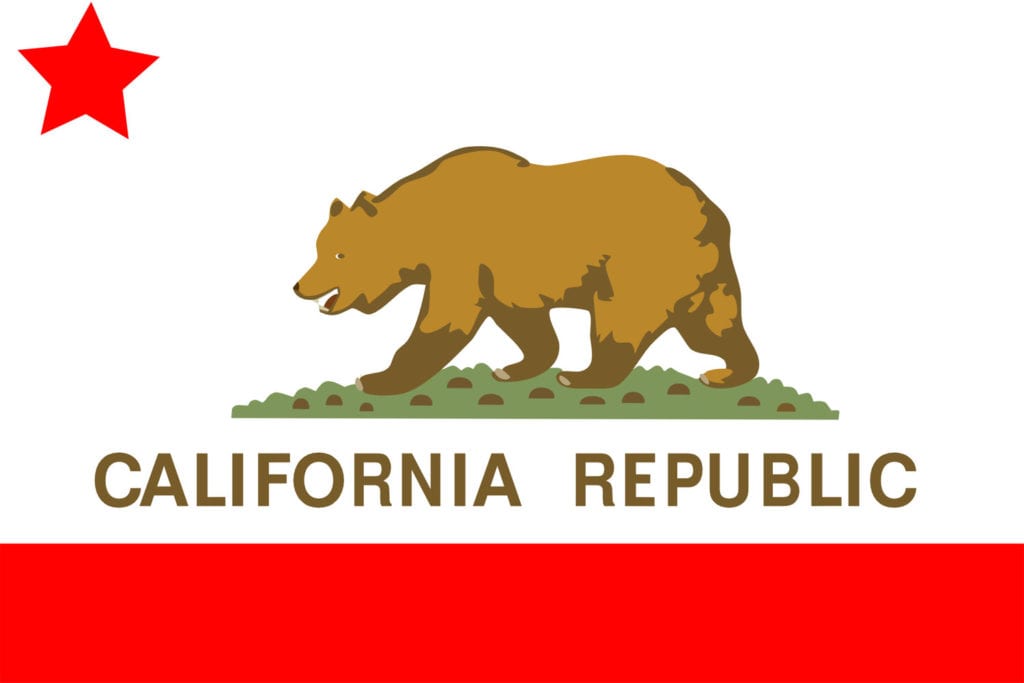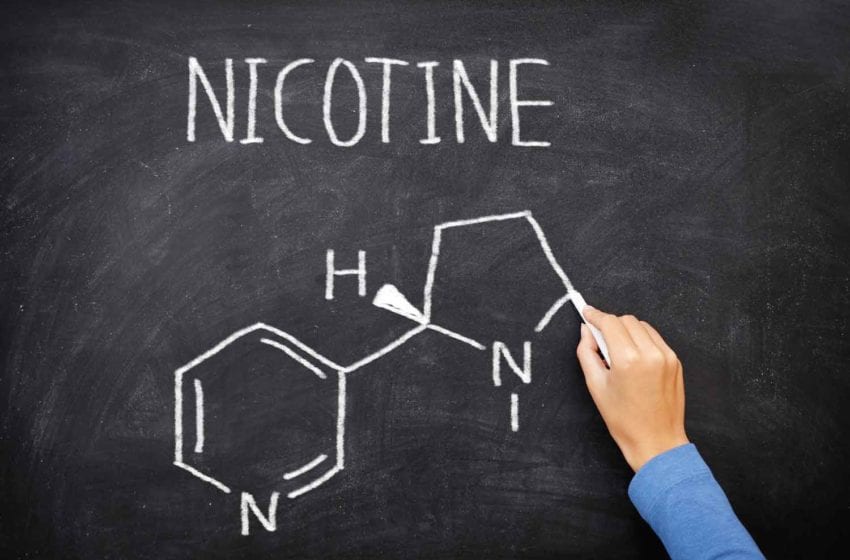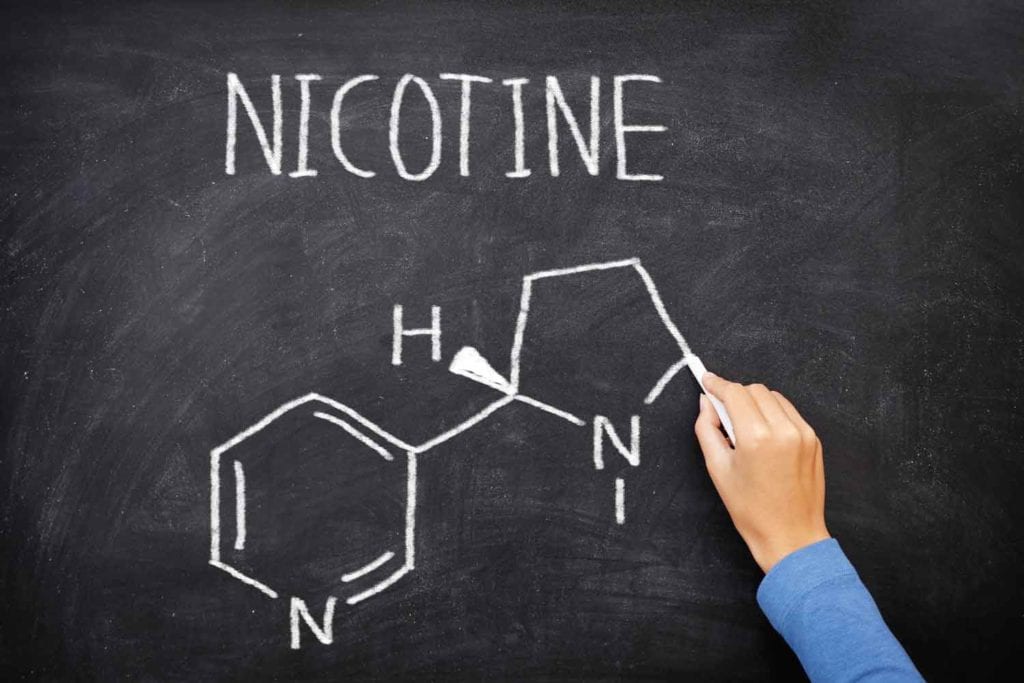
The Tobacconist Association of America (TAA) will donate $50,000 to the Premium Cigar Association (PCA) to aid in the industry’s growing work in local and state legislation impacting the premium cigar and pipe industries.
“The PCA would like to thank the TAA for this outstanding show of support as our industry is facing some of the most egregious tax grabs and potential smoking bans in recent history,” said PCA Executive Director Scott Pearce. “The PCA is hard at work in over two dozen states already fighting tax increases that, at the best of times, are harmful to our small business retailers. Especially during the pandemic that could potentially put our members out of business.”
PCA President John Anderson echoed Pearce’s gratitude, urging retailers everywhere to engage in the fight. “We are at our best when we are all participating in this fight, and we need all of our retailer voices to join in to ensure we will not be steamrolled by misguided public policy,” Anderson said. “TAA’s support will help ensure that we can continue to be active and put all of our resources towards defending our retailers across the country.”
“The TAA is happy that it can support the brick-and-mortar community in these most challenging times,” said Joe Arundel, TAA president. “The TAA recognizes and appreciates the outreach that PCA gives to our retail members in their respective communities across this country. We are confident that PCA can effectively help defend our stores and businesses in the coming months.”
Founded in 1933, the PCA represents and assists retailers, manufacturers and suppliers of premium tobacco products. Established in 1968, the TAA supports its members with tools and relationship building opportunities to optimize their success in the brick-and -mortar business.


